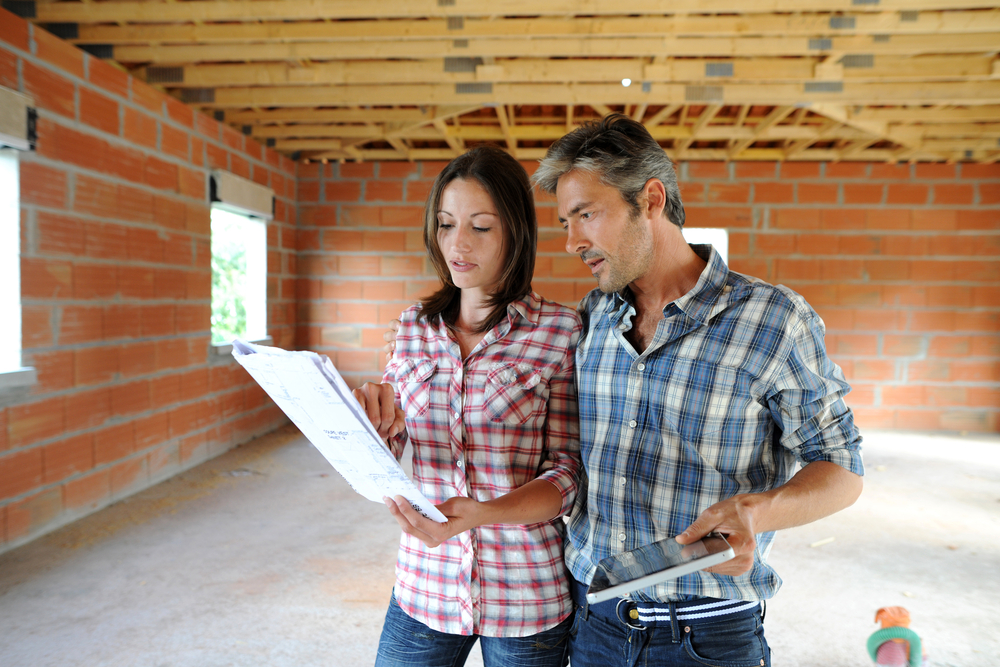Making the decision to build your own house is definitely a big one, perhaps the biggest one you’ll ever make. Naturally, it’s essential to carry out a whole lot of research on projects like this: how much they cost, how many hours of work you’re looking at and what potential pitfalls can occur. Use sites like neffrental.com give you some of the lesser-known facts about this unique area of construction:
People often overlook the foundations. One of the most important aspects of building your own home is choosing the actual plot of land that it’s going to go on. However, many self-builders overlook the fact that whilst the land might seem aesthetically perfect, it will need to be checked to make sure that it’s actually capable of sustaining building work. Needless to say, you should ensure a proper contour survey and soil test is carried out on any land before you buy.
Copyright laws can apply to houses. Yes: it’s possible for someone to have a copyright on the design for a house. Of course, this is only the case in some countries – Australia, for example – but it’s wise to double check that those plans you were going to use are within the law. We’re not saying that someone will come along and demand you knock your house down, but we wouldn’t want to be the one person it did happen. Always double check the law in your country/state.

Sustainability can increase the resale value of a property. If you’re involved in the design process for your new home (as many self-builders are) then it’s more than worth considering including some extra environmentally-friendly features in your building. As well as helping to substantially reduce day-to-day expenses, features like natural insulation and solar panels will also mean your future-thinking home is more likely to sell for an good price should you ever decide to move on.
Delays are common. It is almost unheard of for a new home to not have the odd teething trouble, even if they’re being built by the person who’s going to live in it! Sometimes, delays will occur as a result of working with contractors on things like the electrical wiring or the plastering. In most countries, contractors have to allow for potential delays within the initial contract, as this helps minimise disputes about payment and efficiency. It’s also unwise to push too hard for a really tight deadline unless you absolutely have to.
Home warranties are possible. Again, whether this is applicable in your area is entirely down to the individual laws, but in many countries self-build homes are protected under a ‘home warranty’ scheme, which provides cover for issues such as theft, vandalism, fire/storm and even defective construction. This isn’t always the case with owner/builders, but it is always worth checking on the specifics with a legal and financial expert in your area to make sure. It can’t, after all, hurt to make the enquiry, and it could benefit you substantially.

